16 Things We Should Stop Teaching Our Children
This post may contain affiliate links. As an Amazon Associate, I earn from qualifying purchases.
Have you ever thought that some lessons we pass down to our kids with the best intentions might not actually help them in the long run? As parents, we’re all about preparing our kids for the complex world out there. We want them to succeed, be happy, and find their purpose.
But sometimes, in our quest to do good, we might be sharing ideas that are a bit outdated or don’t fit the world they’re going to live in.
Here are 16 “lessons” we should stop telling our children to help our young ones thrive in a changing society.
1. Just Ignore Bullying

Telling kids to ignore bullying and it’ll stop is not the best advice. While you might want them to build resilience by saying it, in reality, it can make kids feel powerless. Instead, if you find out your kid is being bullied, the best thing is to let them know it’s actually brave to speak up and ask for help from adults they trust.
Talking about what’s happening helps kids see it’s not their fault and that there are real ways to deal with bullies. This way, they learn to stand up for themselves and others, creating a kinder, more caring world.
2. Saying “No” is Rude

What happens when you tell your kids they should never say “No” to elders or anyone? It stops them from setting personal boundaries, making them more likely to succumb to peer pressure or end up in risky situations.
On the flip side, when you encourage kids to stand up for themselves and say no (where needed), you’re helping them build the confidence they need to protect their well-being and personal space.
It also helps kids learn how to deal with the complicated parts of relationships and what society expects of them, making them more secure and regulated in the long run.
3. Adults are Always Right

We’ve all heard it: “Adults are Always Right.” We usually say it to teach kids respect for their elders, but it can accidentally teach them to follow along without thinking just because an older person said it.
Ensure your kids know that adults are fallible and can mess up, too (and some are even ill-meaning). By encouraging them to think critically and ask questions (politely, of course), we’re helping them grow into confident, independent thinkers.
Creating a space where kids feel welcome to share their thoughts and ask questions leads to great conversations.
4. Finish Everything On Your Plate

While we want our kids to have the best health, forcing behavior is not always advisable. Research suggests that forcing your child to finish everything on their plate might mess with a kid’s ability to listen to their hunger cues. This could lead to overeating and a higher chance of obesity down the line.
Instead, we should teach kids to pay attention to their bodies and eat until they feel full, building a healthier relationship with food and giving them more control over their bodies.
5. Gender Stereotypes
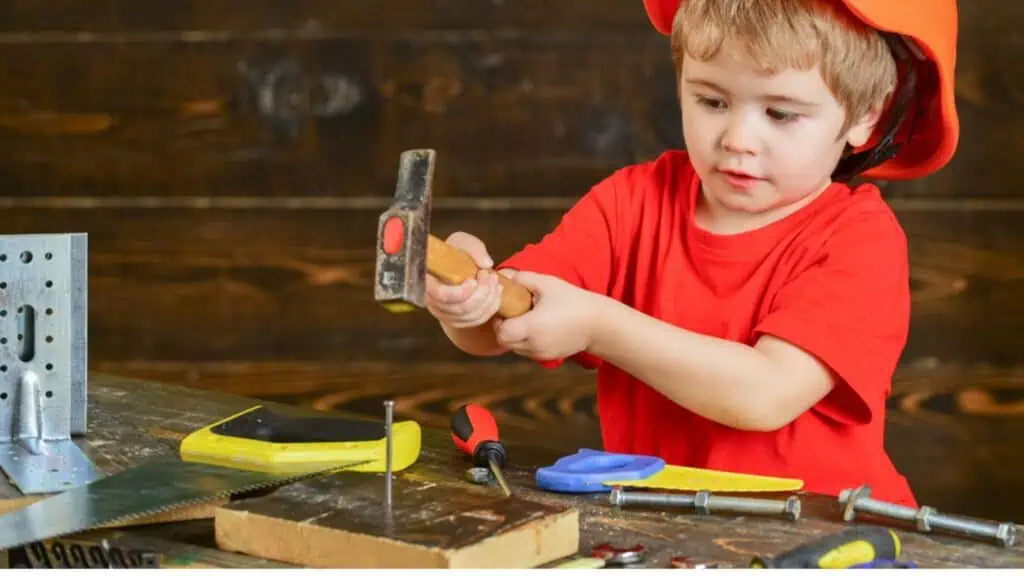
We as a society have a habit of limiting kids into strict gender roles, which just holds them back and keeps old stereotypes alive. For instance, we often tell our kids that specific jobs, activities, or feelings are just for boys or girls, really limiting what they think they can do or be.
It’s crucial to let kids check out whatever interests them, no matter if it’s usually considered “for boys” or “for girls.” Doing this helps them become comfortable being themselves and respecting others for who they are, too.
6. You Are More Special Than Other Kids
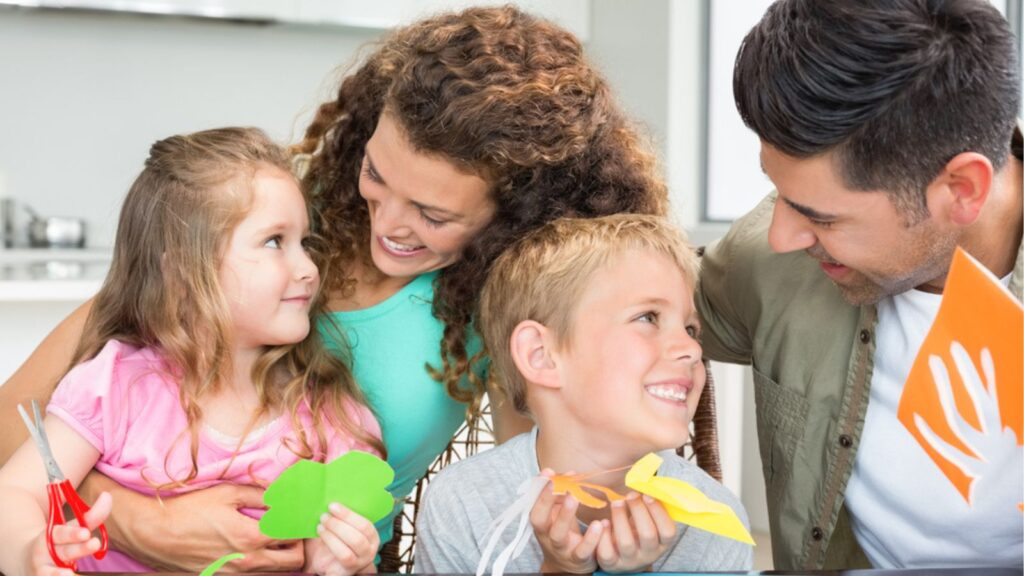
Telling kids they are superior to others can harm their social development and empathy skills. This mindset might make them feel entitled and have difficulty working in teams. Instead of telling kids they’re better than others, we should focus on how everyone is different and valuable.
Instead, teach them to respect differences and ensure everyone brings their strengths to the table (and, of course, celebrate their unique strengths). This way, we can help them see the world more inclusive and empathetic.
7. Everyone is Your Friend
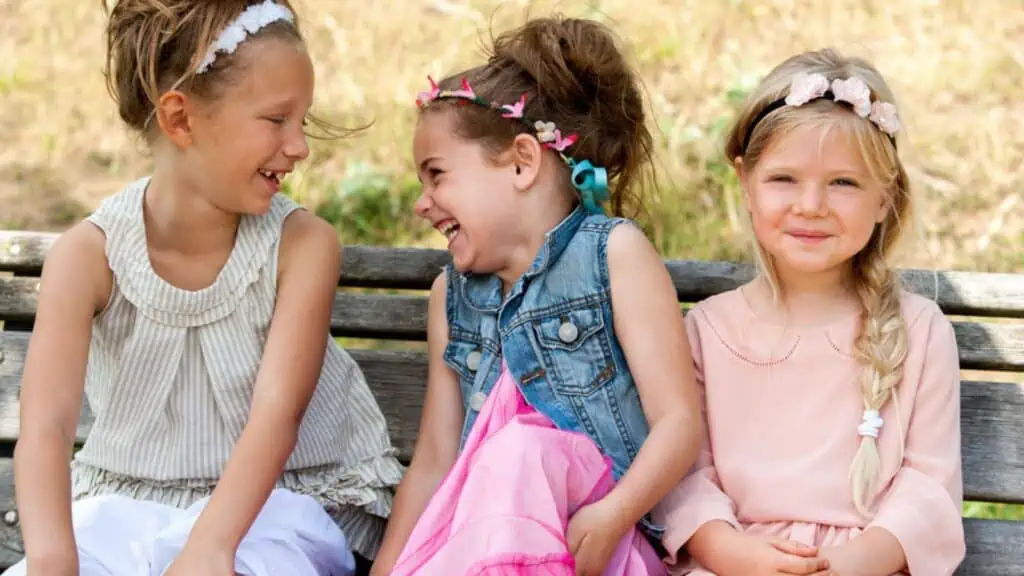
Not everyone you meet is your friend; make sure your kids know that. Believing everyone can be a friend might lead your kids to face unnecessary risks and disappointment.
While teaching them to be friendly and kind is necessary, it’s also crucial to help them understand different levels of friendship and trust.
Encourage them to make new friends, but also help them spot real intentions and understand why mutual respect matters in every relationship. It’s all about balancing being social and keeping personal safety and well-being in check.
8. You Need to Share Everything
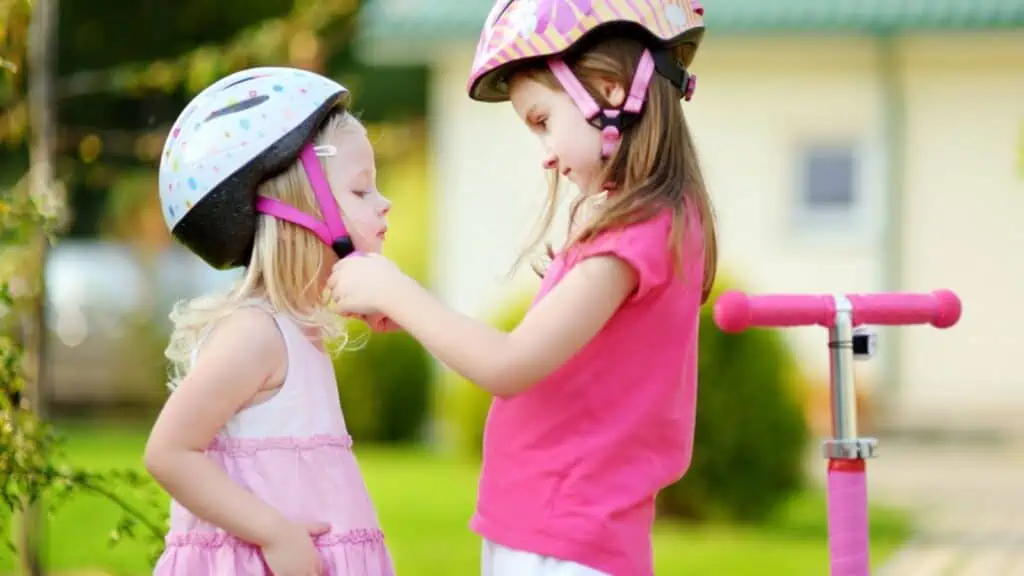
Sharing is a part of life for getting along with others and being kind, but forcing kids to share everything can disturb their sense of personal space and understanding of consent.
What’s important is to let kids know sharing is great, but also that it’s okay for them to choose what and when they want to share. We should be nudging them to share because they want to, not because they feel they have to.
9. Fear of Failure
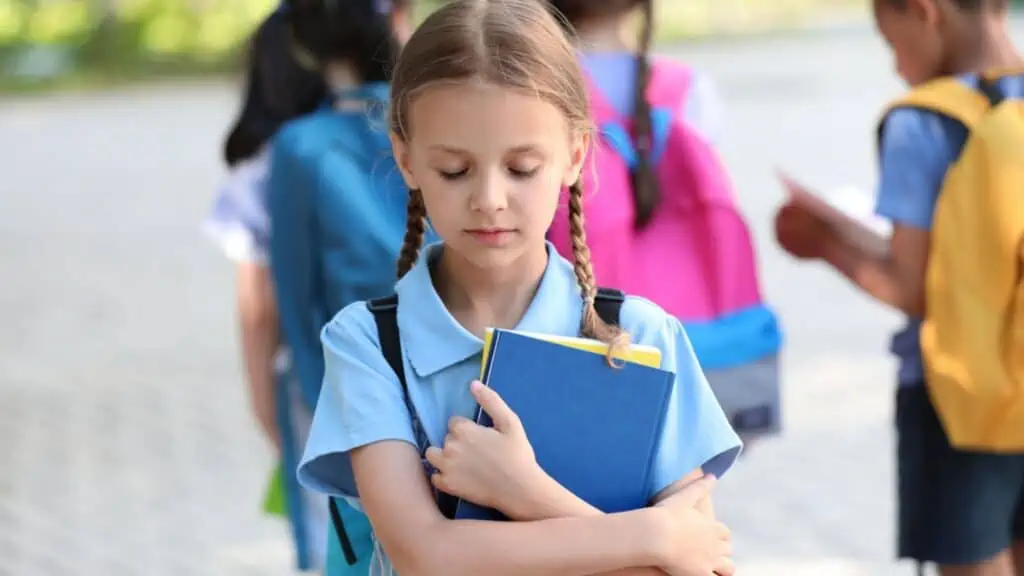
Teaching a child that failure is unacceptable can destroy their confidence to try new things or take on challenges. They might start dodging anything where they might not nail it right away. Instead of making a big deal about failure, let’s teach kids it’s okay to fail sometimes. It’s all part of figuring things out and getting better.
Helping kids get comfy with the idea of not always being perfect means they’ll be way more into chasing their dreams and goals without being scared stiff. This thinking is critical for growing and achieving those big life goals.
10. You Need to be Happy All the Time

Expecting kids to always be happy isn’t just unrealistic; it hinders their emotional growth. Help them realize that feeling all sorts of emotions, like sadness, frustration, and anger, is normal.
Understanding this helps kids become emotionally savvy and tough, ready to handle life’s rollercoaster. Rather than telling them to hide their emotions, encourage them to openly share their feelings and learn how to deal with them healthily.
11. Unrealistic Beauty Standards

Did you know that those unrealistic beauty standards society throws at us can mess with kids’ self-esteem and how they see themselves? It’s time to teach our little ones that beauty comes in all shapes and sizes, and what we often see around us isn’t the whole picture of what real people look like.
Helping kids love what makes them unique and feel good about their bodies can fight off the bad vibes from those impossible beauty ideals.
Plus, showing them through our actions and words that being beautiful is about something other than how you look helps a ton. If we challenge these unhealthy beauty standards and cheer for everyone to be themselves, we’re on the right track to helping our kids feel confident and comfortable in their skin, not just for their appearance.
12. Success Means Being Rich and Famous

Telling kids that success only means being rich and famous limits how they see the world. It can make them miss out on appreciating other cool ways people can be successful. Show them that being happy, satisfied with yourself, and making a difference matters a lot, too (if not more).
Encourage them to cheer on their achievements, big or small, even if nobody else claps. Learning to see success in their unique way builds up their confidence and helps them bounce back from setbacks.
13. Keep Yourself Busy All the Time

Encouraging children to stay active and engage in various activities can be beneficial, but balancing this with teaching the value of downtime is essential. Staying constantly busy can take the fun and learning out of hobbies and free time.
Teach kids that taking a break is okay, and encouraged for mental health. Letting them know being busy doesn’t mean they’re more worthy or productive is vital to a healthier outlook on life.
Encourage them to explore their interests and passions at their own pace so they can enjoy the journey and learn much about themselves and the world.
14. Multitasking is a Sign of Productivity

While multitasking is often valuable, focusing on a single task can be more effective. Studies have shown that multitasking can reduce quality and efficiency, as the brain switches between tasks rather than concentrating on one.
Encourage kids to practice mindfulness and give their full attention to the task at hand, whether it’s a school project, a hobby, or even a conversation.
This improves their productivity and enhances their ability to learn and remember information. Teaching them to prioritize and manage their tasks one at a time will help them develop better work habits and reduce feelings of overwhelm and stress.
15. You Can’t Play When You Grow Up

When you tell kids that growing up means no more playtime, it reduces their creativity and excitement for life. Instead, bust this myth and show that play is fantastic for everyone, regardless of age. Whether it’s hobbies, games, or creative stuff, playing makes you innovative, eases stress, and boosts problem-solving.
Encourage kids to keep that playful spirit alive into adulthood. Tell them that doing what they love can make life more fun and balanced.
16. Forced Apologies

Forcing kids to say sorry when they don’t know what they did wrong might not be the best move. It’s better to teach them the value of genuine apology instead of a half-hearted “I am sorry.”
Discussing why their actions were wrong builds empathy and teaches them to own up to their mistakes. This way, they learn to say sorry because they mean it, and it helps them grow emotionally. Understanding how their actions affect others allows them to make kinder choices and more respectful relationships.
20 Strong Words Parents Should Never Say to Their Kids
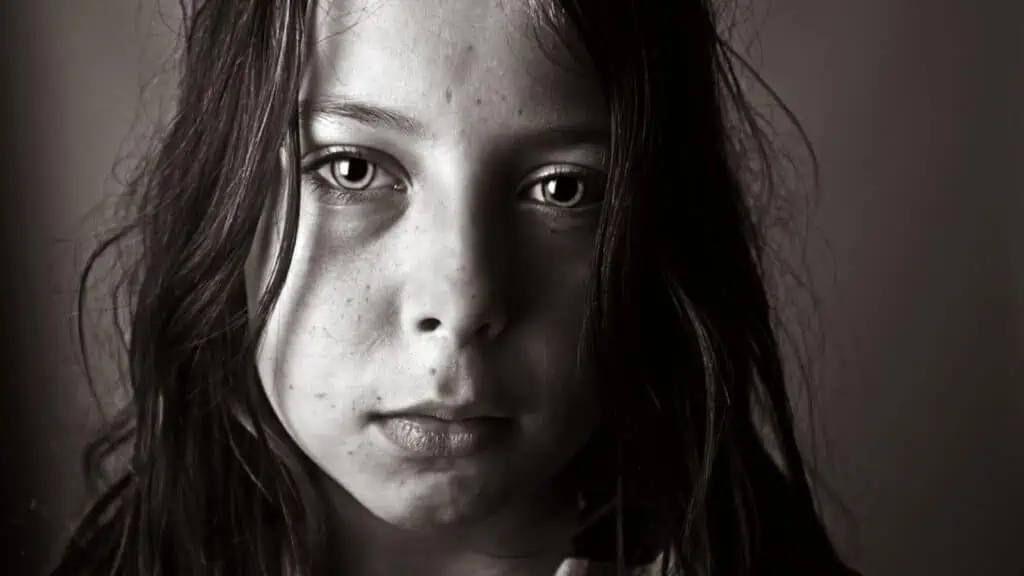
Countless adults sitting in a therapist’s office today are grappling with the lasting impact of words spoken by their parents during childhood. Regardless of how you perceive yourself, in your child’s eyes, you are nothing short of the most remarkable thing to happen to them since “skip intro.” This underscores the critical importance of being mindful of what you say to your children, as your words become the small but influential voice in their developing minds.
20 Strong Words Parents Should Never Say to Their Kids
How to Be a Good Mother: 16 Practical Tips

Being a mom is one of the world’s most important, challenging, and rewarding jobs. It’s also one of the most difficult to define. What does it mean to be a good mother? There are as many answers to that question, but none of them have anything to do with striving for perfection or doing more.
How to Be a Good Mother: 16 Practical Tips







